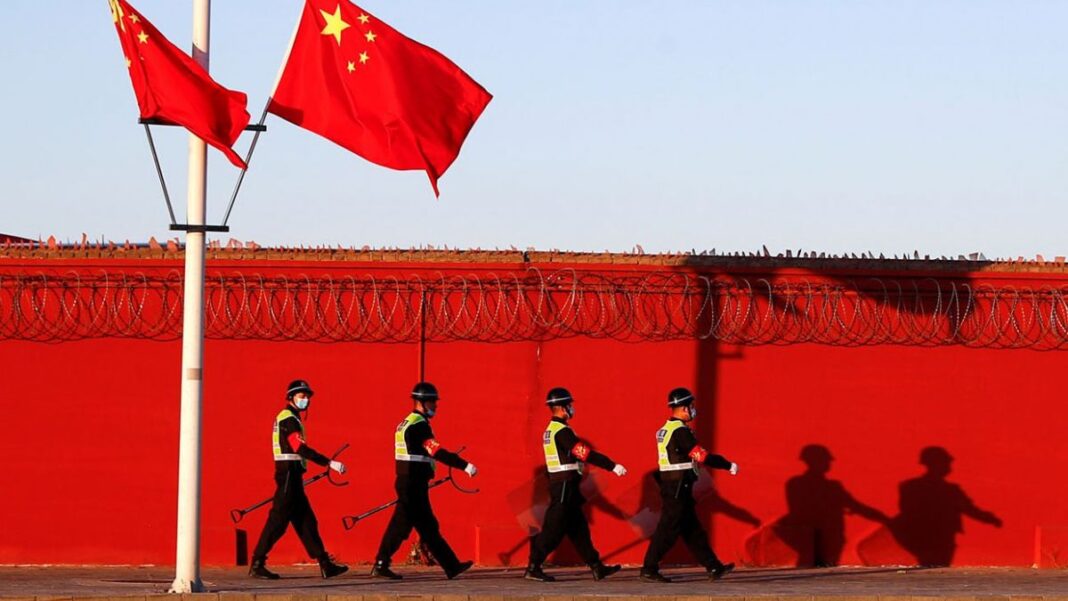
Americans could once rest comfortably in the assumption that they possessed overwhelming technological dominance. But China’s government is working hard to prove them wrong.
In the technology battles between the United States and China, the sensational hacks of American information technology systems revealed by the Department of Justice and the controversies over Huawei’s 5G wireless communications technology and TikTok’s video app dominate the headlines.
But the Chinese government of President Xi Jinping appears to be quietly setting the stage for a more pervasive, ongoing penetration of America’s networks, creating a national security problem that chief executive officers can no longer ignore or minimize. As part of its Digital Silk Road strategy, China is actively pursuing several vectors to achieve outright dominance of the world’s computer systems, including America’s.
The most concerning vector for companies operating in China appears to be a series of new Chinese laws that began taking effect in 2015 covering national security, national intelligence, and cybersecurity. Collectively, they have set the legal groundwork for the Chinese Communist Party to access all network activity that occurs in China or in communications that cross its borders. The culmination of this legal maneuvering appears to be the updated Multi-Level Protection System (MLPS 2.0), which came into effect in December 2019 and is gradually being rolled out.
Consisting of over one thousand pages and published only in Chinese, MLPS 2.0 sets out the technical and organizational requirements to which every company and individual in China must adhere. MLPS 2.0 gives “the legal authority to go in and ensure that a foreign company’s system is completely open to inspection and retrieval of information by the Communist Party,” says Steve Dickinson, an attorney with Harris Bricken, a Seattle-based international law firm with offices in Beijing. In other words, China has stripped away the legal grounds for an American company operating in China to protect its network from inspection by the Ministry of Public Security—the country’s feared law enforcement agency.







